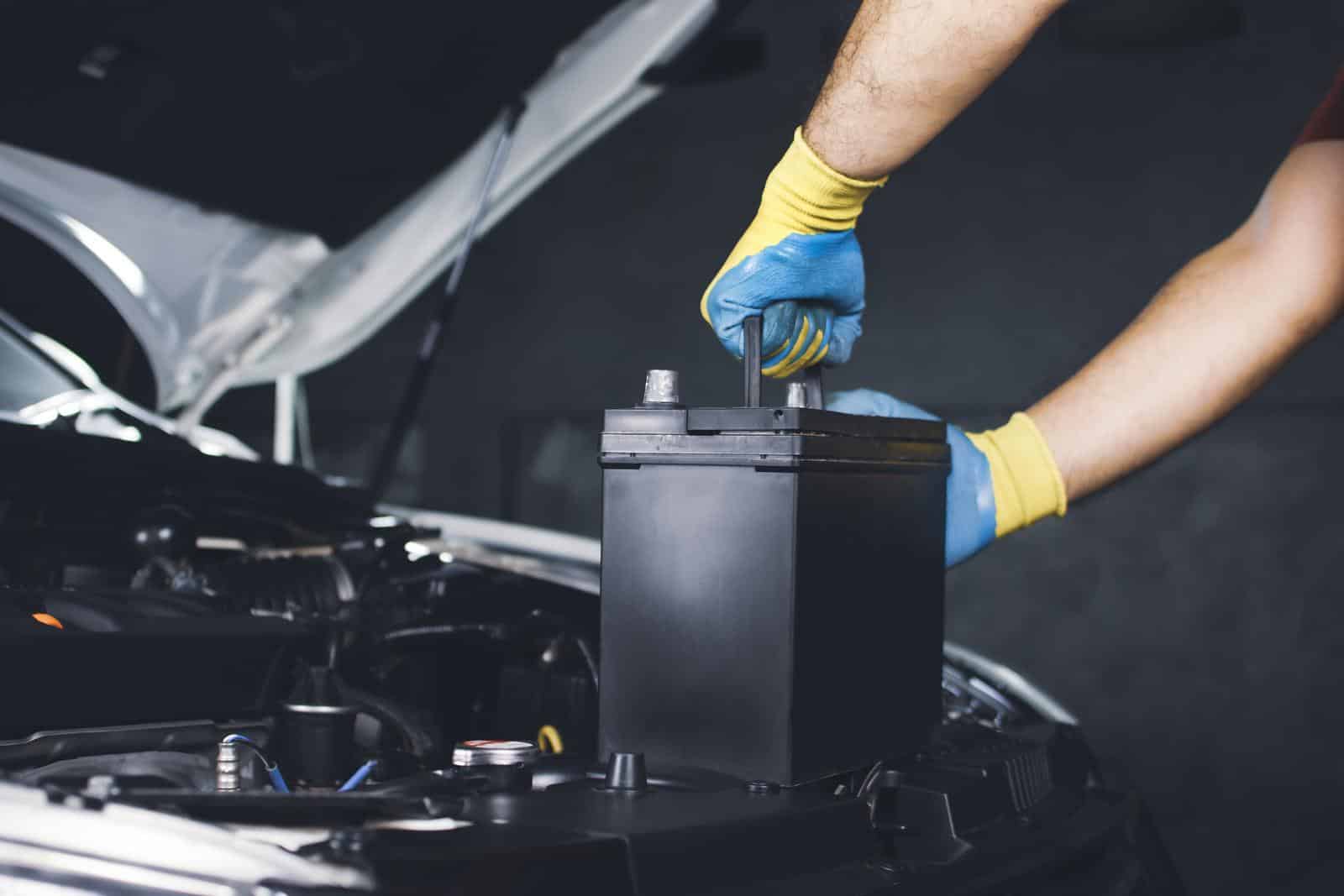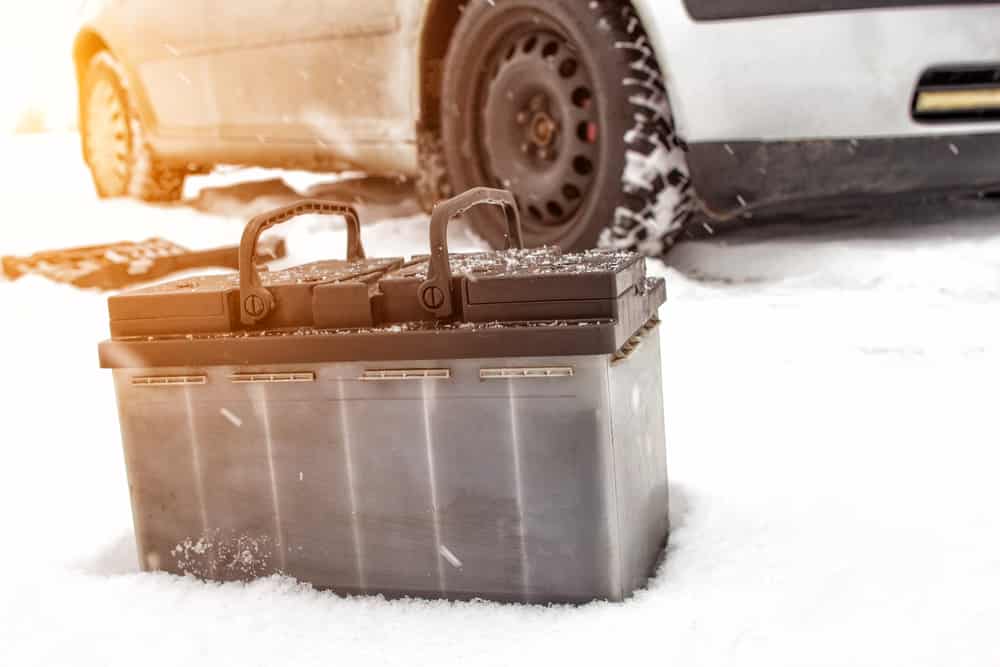Car Battery Keeps Dying Overnight – Causes & Solutions
Preamble
If you’ve ever gone to your car in the morning only to find a dead battery, you know how frustrating it can be. Especially if it happens regularly. If your car battery keeps dying overnight, there are six main things that could be the cause and luckily, there are also a few solutions.
This is an “interesting” battery issue where the battery runs okay throughout the day, but every morning you need to get out your jumper cables or portable jump starter before your car will start.
Human Error

If you regularly forget to turn your lights off, it’s time to get into the habit of doing so. This is an obvious one, especially as most modern vehicles would have an audible alarm if the headlights are left on when you take out the ignition key. However, it happens more regularly than you think.
Solution: Turn off all dome lights and make sure your running board lights are also turned off. If your car doors are not shut completely, your running board lights, alarm or central lock system may not go off completely. Finally, some cars have small mirrors with a light in the sunshades. Make sure these are always off as well.
Usually, mobile phone chargers should not cause any issues as their power port is automatically turned off when the keys are removed from the ignition. However, get into the habit of unplugging them.
Cold temperature

Cold weather can make it harder for the battery to start the car. If you live in an area with extreme temperatures, that could also cause your battery to die. When the temperature drops below freezing, the electrolyte inside the battery starts to freeze. This stops the chemical reaction which produces the electrical energy to start your car. The electrolyte may become solidified and block the flow of electricity. Your battery voltage will be too low to start the vehicle. This should be fairly obvious when it happens.
Solution: You may need to get a Silicone Pad Battery Heater, a battery blanket or a small external battery charger. Place the battery pad heater on the battery tray underneath the battery and connect it to your electrical mains for a few minutes to thaw the battery out.
However, never attempt to recharge a frozen battery. If you don’t have a battery heater pad or blanket, take the dead car battery inside your garage or house to warm it up before charging slowing. Remember to always remove the negative battery terminal first when disconnecting the battery and fit the positive battery cable first when reconnecting the battery.
Your battery connections are loose or corroded

Loose battery connections and corrosion are the most common cause of a “dead” battery every morning. Luckily, it is also the simplest to solve.
If your battery terminals get loose or corroded, you might not be able to start your car. Your battery connection is through the negative terminal and the positive terminal. If these are loose or partly insulated by corrosion, they won’t be able to send enough power to your car’s electronics.
Also, if the terminals are not clean and tight, it can cause a voltage drop and the battery will not charge properly. This could even cause your car to stall out while you are driving or damage your car’s electronic components.
Check that the battery terminals are tight enough by holding and twisting it hard. If they turn or come off completely, get a wrench or spanner and tighten any loose connections.
If the battery terminals or battery post is showing signs of wear because of excessive corrosion, visit a service center and have them changed. If there is a solid connection, then check for corrosion.
Car battery corrosion is a white, greenish or bluish powder which accumulates around the battery terminals. You may have noticed that the car only starts after tapping the terminals with a wrench or rock a few times. Unfortunately, hitting the battery posts will eventually cause permanent and fatal damage to the internal connectors of the battery.
Solution: To avoid these issues and maintain good battery health, clean your battery terminals every few months. A wire brush and some homemade cleaning solution (e.g. baking soda) is all you need to fix this problem. However, battery chemicals are dangerous, take proper safety precautions at all times. Check out our blog article on The Best Way to Clean Car Battery Corrosion.
Something is causing a “parasitic draw”

Another cause of your car battery dying overnight is a parasitic draw. This is when something in your car is drawing power from the battery, even when the car is turned off. This can be caused by something as simple as a dome light (inside lights) that stays on, or it could be something more serious, like a short in the electrical system.
Modern car batteries must handle a huge electrical load due to all the fancy electronic accessories, computers, and lights. When you turn off your car, the battery will still provide power to accessories like the clock, radio, and alarm system. However, if there is a faulty electrical component connected to the battery, the current draw might take too much power from the battery.
The most common causes of parasitic drains are
- Dome lights (this refers to all internal lights, trunk lights, glove box lights, door lights, dashboard lights, etc.)
- Poor installation of aftermarket stereo systems,
- alarm systems, and
- LED underglow lights.
Some interesting examples of parasitic loads I have found include:
- Side mirrors on a Range Rover. The motors for closing the mirrors were bad and the car owner realized the problem when he was washing the car in the morning because one of his mirrors was really warm.
- Faulty motors on the central lock can also be an issue. If you hear a long rattling sound every time you try to lock your doors, it could mean the one or more of the little motor controlling the locks is faulty.
- Glovebox lights on an old Mercedes S-Class. The lights in the glove box never when off and no one noticed…. because the Glove-box was closed.
- Trunk Lights. The plastic insulation on the wire for the trunk light had worn off and caused a short circuit, so trunk light just stayed on, causing a constant drain on the battery. We turned on a phone camera to record video and put it into the trunk for a few minutes and realized that the lights just didn’t go off at all.
Finding a parasitic load involves testing for these usual suspects, but it is an art rather than a science. This can be a very tedious and long process of testing every defective fuse and relay of the car to identify which system is causing the problem and then investigating that system to discover the one wire, relay, or motor causing the issue.
Fortunately, while it is difficult to track the exact cause of a battery drain, it is fairly simple to find out IF that is the cause of your battery discharging every morning. All you need to do is disconnect one terminal from the battery when you park the car for the night. Try this for a couple of nights. If the car starts in the morning whenever the battery is disconnected overnight, then something is draining the battery even when the engine is turned off.
Solution: Get a very patient automotive electrician to trace the fault.
As a last resort, some car owners request a battery isolator switch or battery disconnect terminals, which work by cutting off power from the battery to all systems whenever the car is not in use. This doesn’t solve the underlying issue but will save your battery and save you a lot of trouble in the mornings.
Bad alternator

Another cause is a faulty alternator.
The alternator charges the battery during operation of the vehicle. The battery drains because of the electrical load placed upon it by the starter motor, lights, heater, air conditioner, and other components. If the alternator works properly, this “lost” charge is quickly replaced.
Occasionally, the alternator may give the battery some charge but not enough. A faulty alternator diode or regulator can cause this problem. If the alternator is not working properly, it cannot cope with the extra loads, especially at night when the headlights, air conditioning and heater are used more often. In this case, the battery will not be fully charged when you park it at night.
It will also naturally discharge while parked over the eight or six hours while you are sleeping and bring the charge down even further. Then in the morning, just when the engine is cold and needs maximum power to start it, your battery will be too discharged to cope.
Solution: The battery charge indicator or magic eye on some batteries can be a rough guide to the state of charge of your battery. Check out our article on Car Battery Green Light for more information on the Car Battery Status Indicator.
However, if you suspect your alternator is the problem, take it to a qualified mechanic to have the alternator voltage reading checked out. There is no safe way to check the alternator without a good multimeter, voltmeter, or battery tester. Never remove or attach battery terminals while the vehicle is running. You can damage the alternator and other electrical components.
Age of your battery

Finally, if none of the above seems to be the problem, it’s possible that your battery is just old and needs to be replaced. Batteries typically last around 3-5 years, so if yours is older than that, it may be time for a new one. If the battery is old or has been damaged, it may not be able to hold a charge properly.
Battery degradation is caused as the chemicals within them slowly break down over time. When your battery gets old, it becomes less efficient at holding an electrical current. Read our blog post to find out more about how long batteries are supposed to last and how to prevent premature battery failure.
Solution: Get a replacement battery.

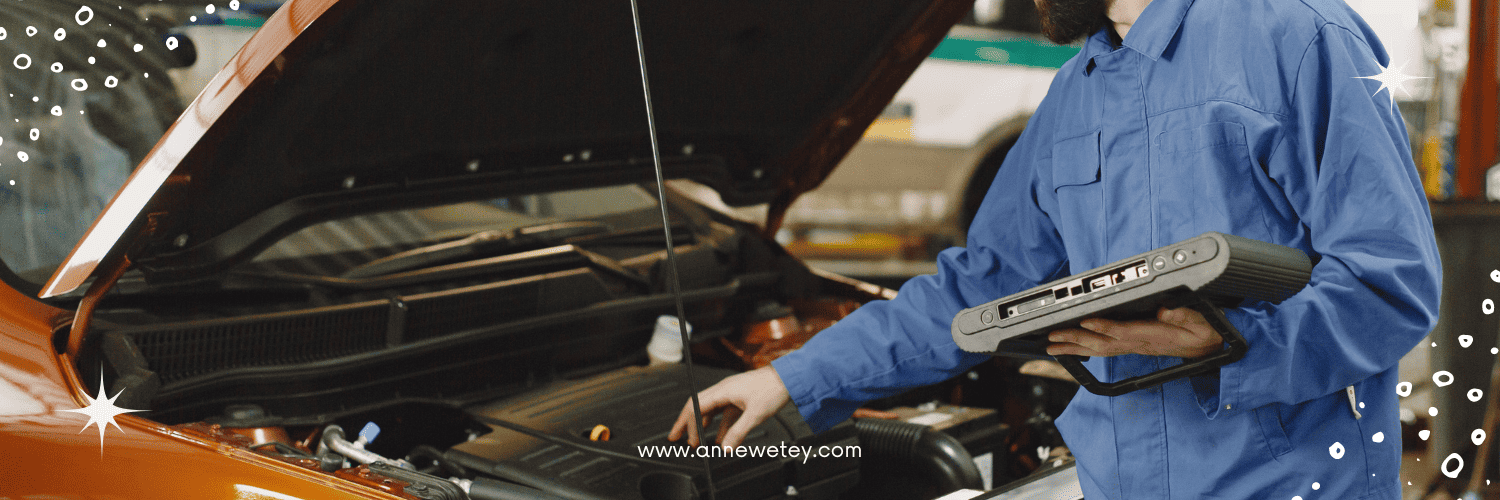
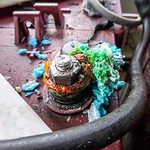 Previous Post
Previous Post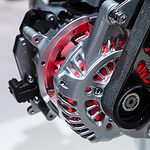 Next Post
Next Post